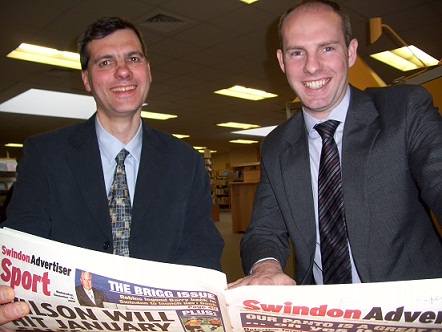
On Wednesday it was ‘International Maths Day’ an important time to reflect as the OECD calls numeracy “the best protection against unemployment, low wages, and poor health” - because the ability to command and manipulate numbers makes you more employable.
I have previously spoken passionately in Parliament about our poor adult numeracy and literacy rates, which are amongst the lowest in the world. Figures published show that 17m adults in England alone only have the equivalent of primary school levels in numeracy and 78% of the adult population are working below the equivalent of A*-C at GCSE. This is estimated to be costing the economy £20.2bn a year and simply robbing people of an opportunity to succeed. For this to have been allowed to happen is nothing short of a disgrace.
The Government is rightly doing everything it can to improve our performance in maths.
At primary, the new curriculum places much more emphasis on core arithmetic - giving competence and confidence at a young age. This will include restricting the use of calculators to help build mental arithmetic skills.
At secondary, new GCSEs will be more challenging, ambitious and rigorous - giving greater emphasis to the application of maths. We expect that schools will increase the time they spend teaching maths and we’re introducing new core maths qualifications - so that everyone will keep studying maths up to age 18, to the highest level they can achieve.
We are also creating new maths hubs - 30 regional centres that help schools improve maths teaching. Up to 60 maths teachers from China will come to the hubs, starting this autumn term. So that our teachers can learn from their techniques - teaching to the top, helping struggling pupils one-on-one, daily maths lessons, homework and feedback.
To support this work I have helped launch a new All-Party Parliamentary Group on Maths and Numeracy. The launch was hosted by Johnny Ball, the charismatic presenter of ‘Think of a Number’. It was his children’s maths programme that helped me to enjoy maths when I was a child. The group will work with teachers, pupils and the Government to improve maths education and has cross-party support.
For years we’ve attached a stigma to not being able to read, but no such stigma is attached being bad at maths. I’m really disappointed that people all too often joke about how children don’t need to worry about being good at maths because they themselves weren’t. We have to make it clear this isn’t acceptable. Numeracy is an essential skill, for every child and for our economy.
With changes to the curriculum, changes to qualifications and programmes like the hubs - we are giving maths the attention it deserves.

